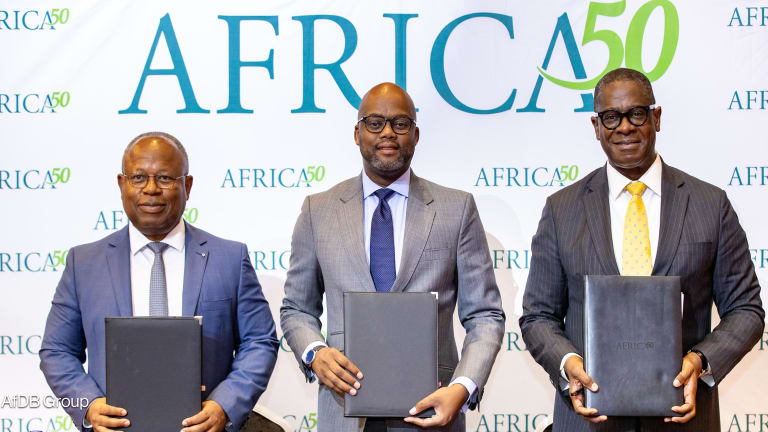Africa-based and -led investment funds face a multitude of obstacles that make it more difficult to attract impact investment dollars, including due diligence practices among investors that often disqualify newer fund managers and persistent misconceptions about Africans’ ability to lead such initiatives.
Impact investing typically focuses on social and environmental factors in addition to financial outcomes. While it has been commonly used in low- and middle-income countries, the vast majority of impact investing dollars are spent in the United States and Europe. Of the roughly $1.2 trillion in impact assets managed globally in 2022, only about 2% were overseen by fund managers in sub-Saharan Africa, according to a report by the philanthropic and nonprofit advisory firm The Bridgespan Group this week.
Western bias was cited as a significant hurdle by many managers, the research showed.








